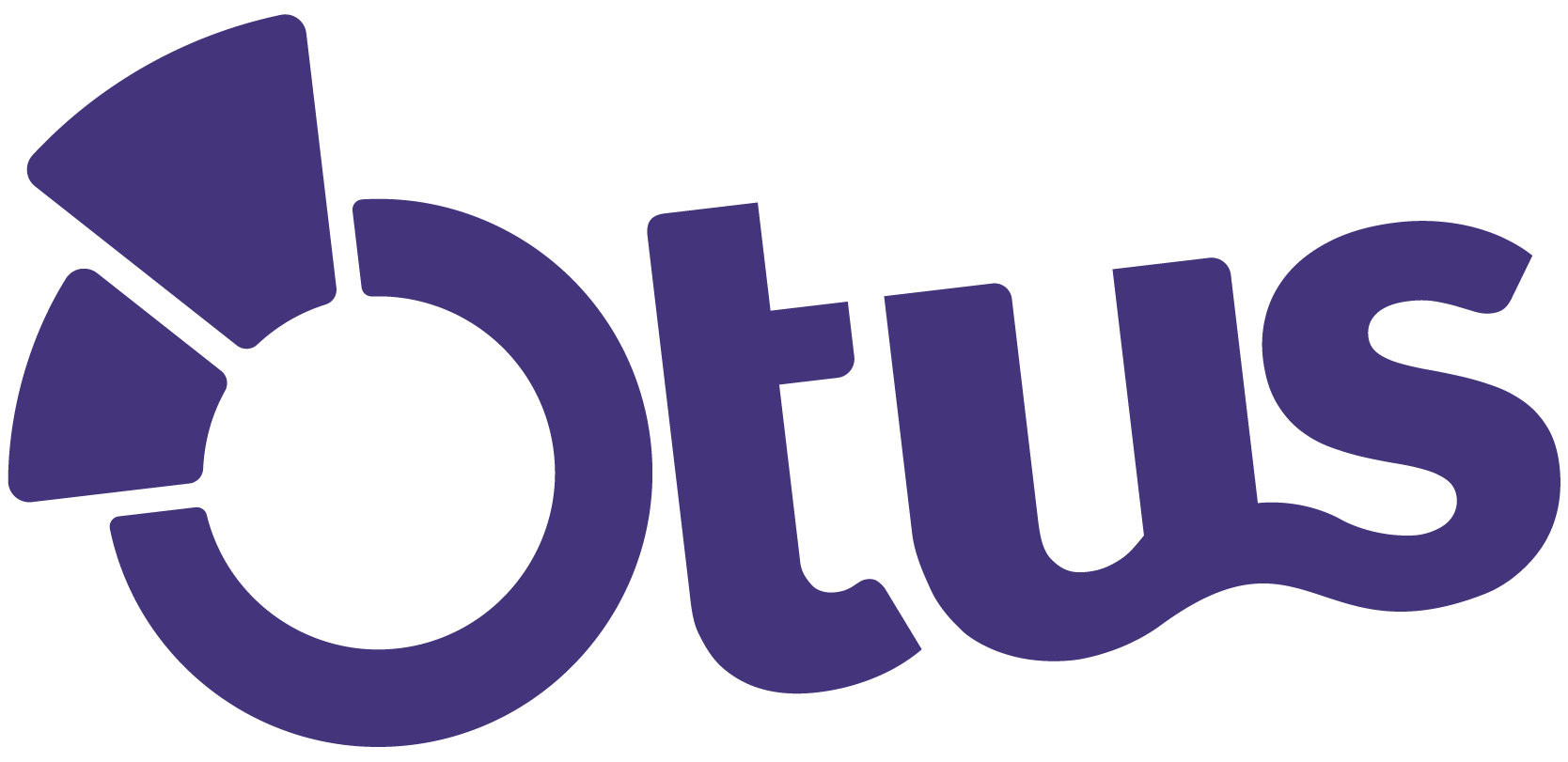In this Tech & Learning Roundtable webinar, Steve Oertle, Assistant Superintendent at Roxana Community Unit School District 1 in Illinois, discusses research-backed practices that can be used to positively impact students’ academic and social-emotional growth.
Steve is also joined by Chris Hull, Otus Co-Founder and President, who shares tangible ways educators can use Otus to incorporate the research into work with students — including the use of rubrics to measure and communicate progress toward learning standards and social-emotional learning plans to ensure growth of the whole child.
Three Key Takeaways from the Webinar
1. Encourage student voice and choice to maximize learner outcomes
When learners have more choices, they feel more empowered. Research indicates that when students are leading activities instead of their teachers, they are more mentally stimulated and demonstrate greater learning outcomes. Educators should model their instruction so that students are the ones driving the reading, collaborating, researching, writing, and discussing.
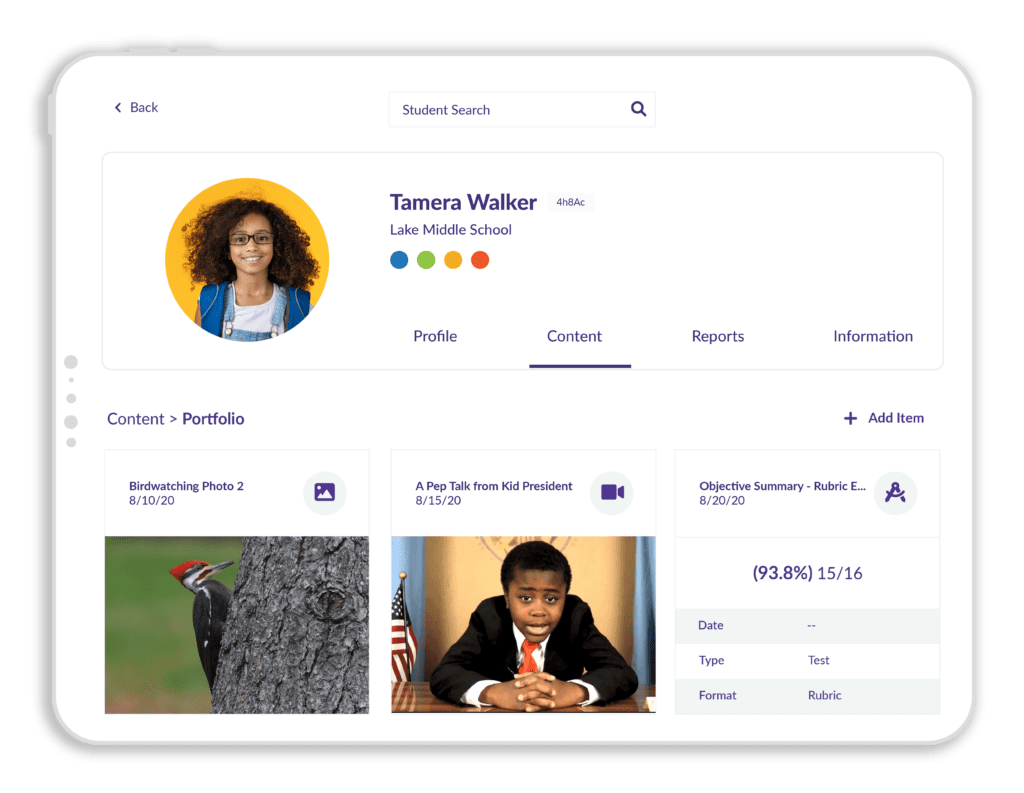
2. Stakeholders’ ability to see student progress in a digestible format is crucial for student growth
If educators wish for families to support student learning, it’s important that families can easily access details about student progress, such as grades, assignments, and communication from educators, such as notes regarding student intervention. With an all-in-one learning platform, such as Otus, families, students, and educators all access the same, real-time information that’s presented in a digestible format, making it easy for parents or caregivers to stay up-to-date on progress toward student goals. Not only does a learning platform keep families informed of a student’s growth journey, but can help them to understand the metrics by which their student is being measured and how to best support them to ensure their success.
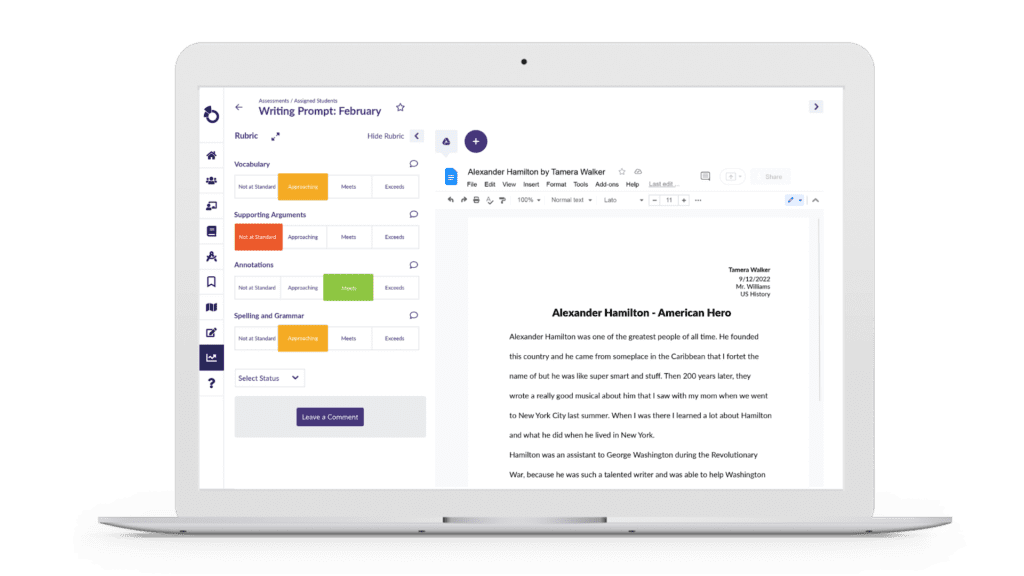
3. Edtech providers must listen to educators and utilize valuable user feedback to drive product development
Educators rely on their various teaching and learning platforms every day in the classroom. If a certain feature isn’t functioning the way developers intended or if the platform is missing a much-needed feature entirely, frontline teachers are the first to notice. It’s important that edtech providers are proactive listeners and tap into the wealth of information that their users have to offer, not only to remedy issues with their platform but to drive product development and inform future iterations of their platform.
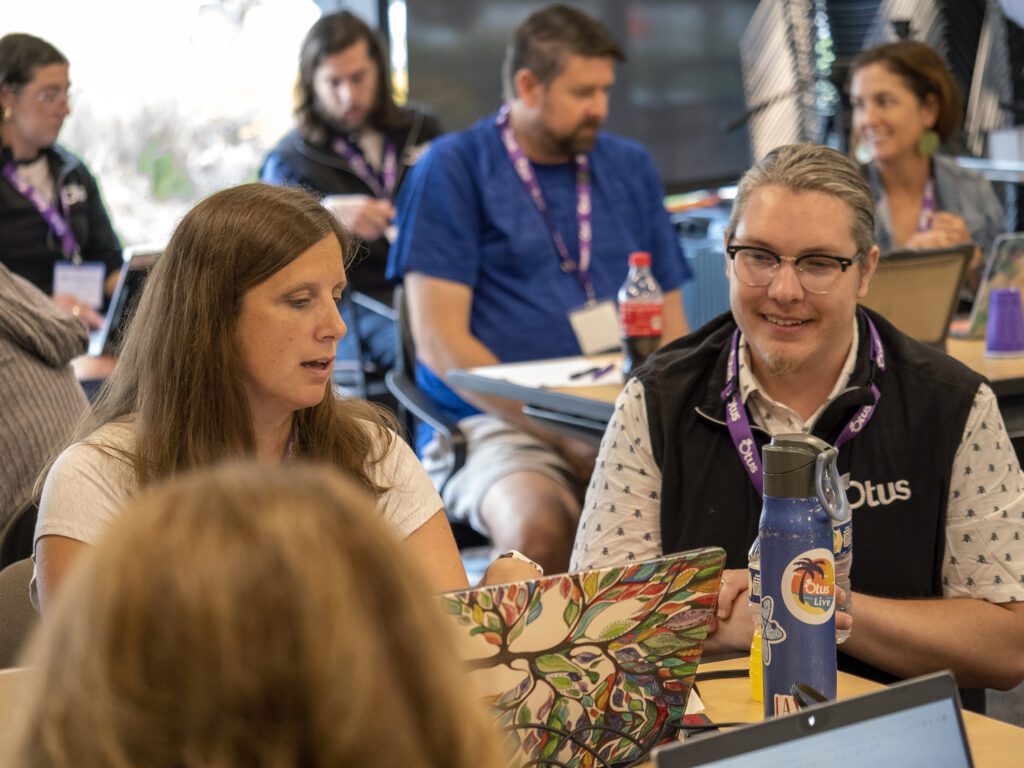
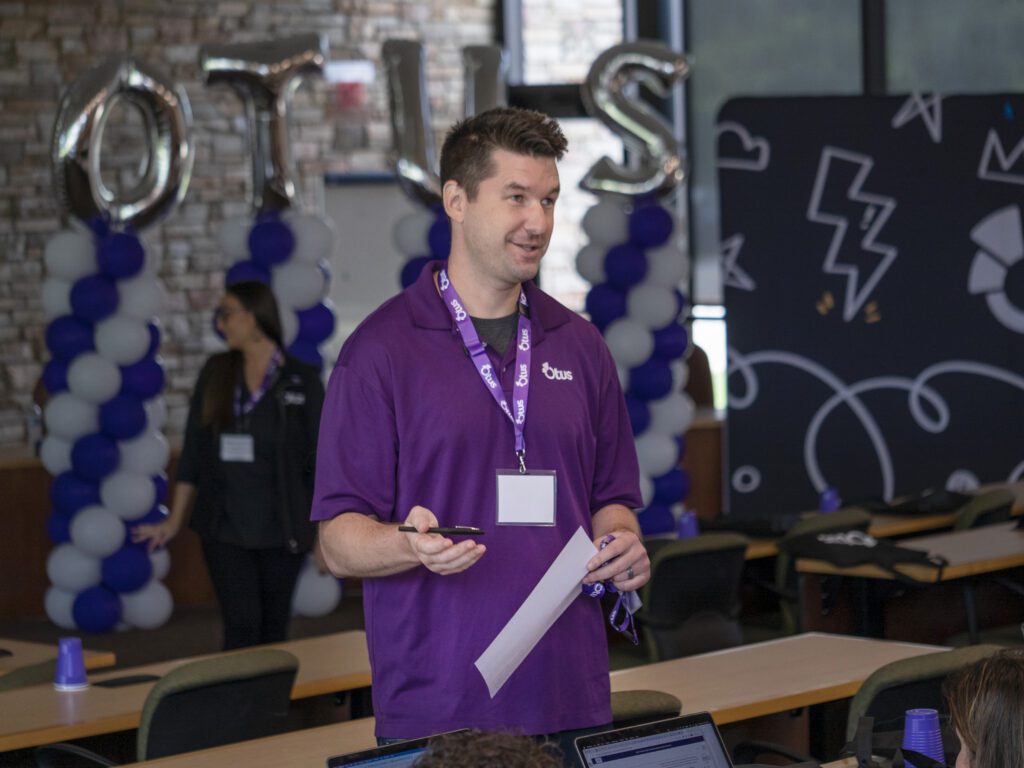
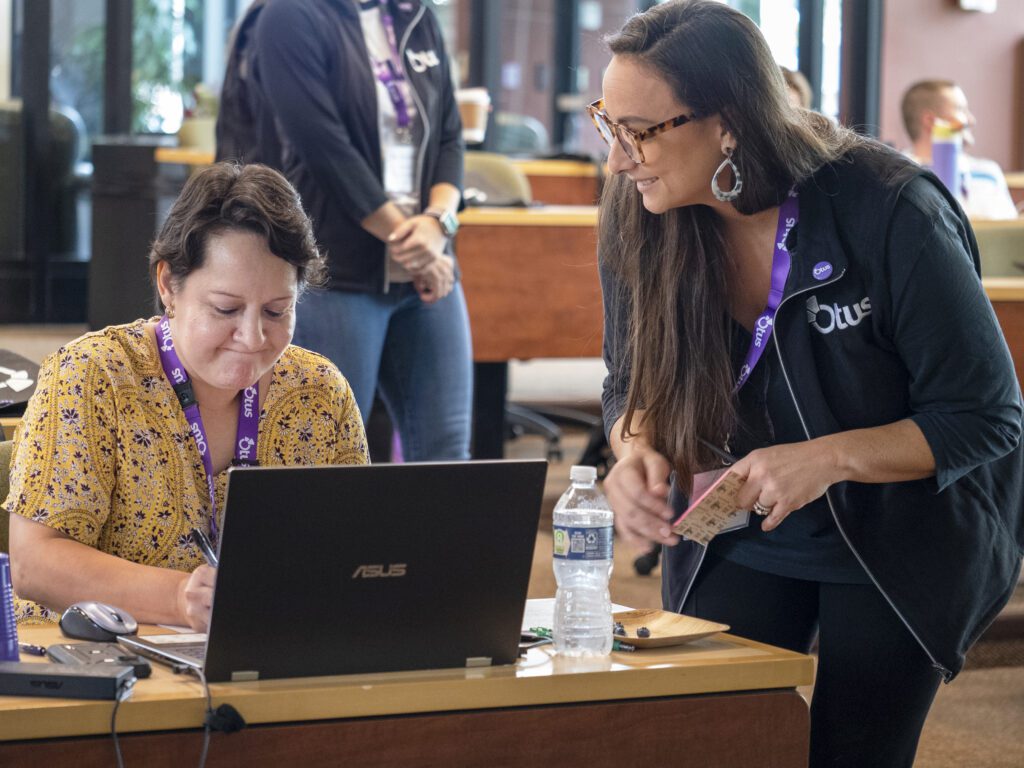
Otus is unique because our product roadmap is driven by client needs and feedback, meaning that school leaders and educators decide on enhancements and new features in the Otus platform. Otus also has a full-time employee dedicated to meeting with users to interview them and learn about their experience. If there are pain points in the user’s experience, those are discussed, and the User Experience Researcher brings that feedback directly back to the product and development team. Otus then uses a tool called Canny to track and rank feedback so they can prioritize the development team’s work. Enhancements and new features are released on a bi-weekly basis, so educators are constantly seeing how their feedback is heard and valued. For example, in the first 100 days of 2022, the Otus product team released 200 user-voted feature requests.
Ready to learn more about how Otus can support research-backed practices in your school community? Get in touch with our team!
